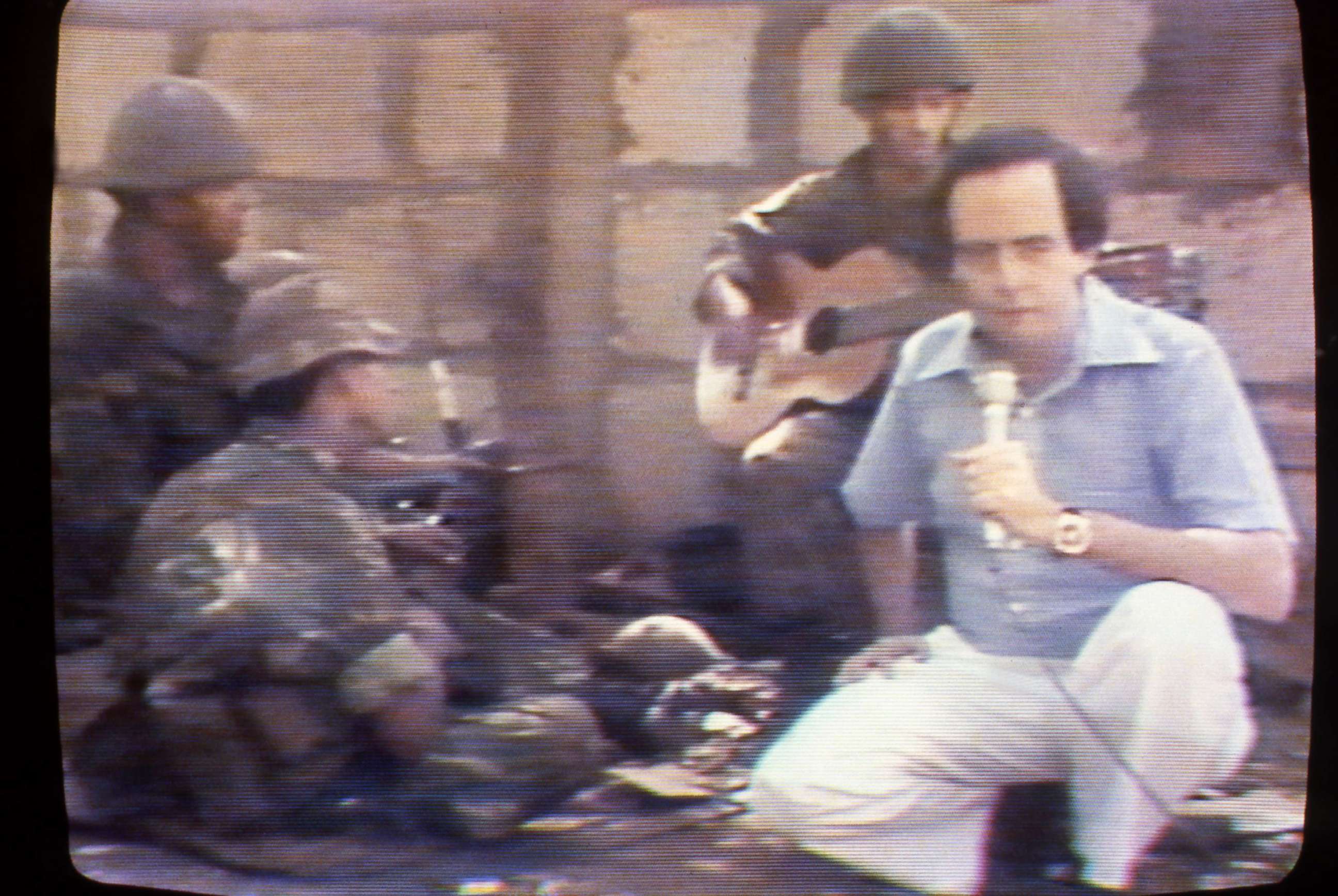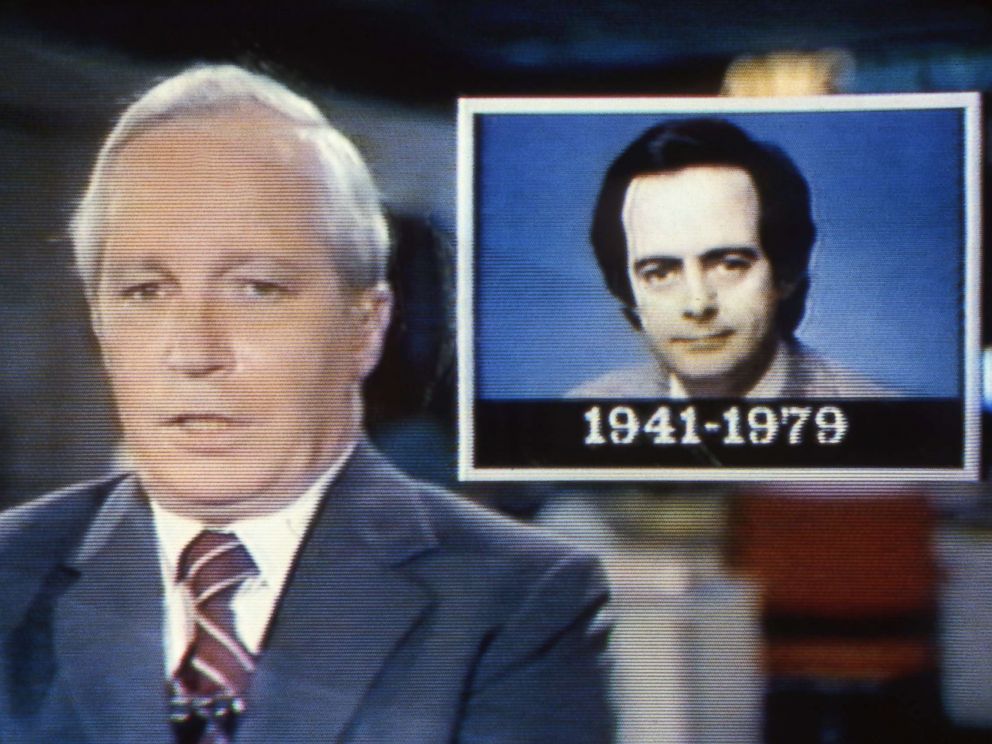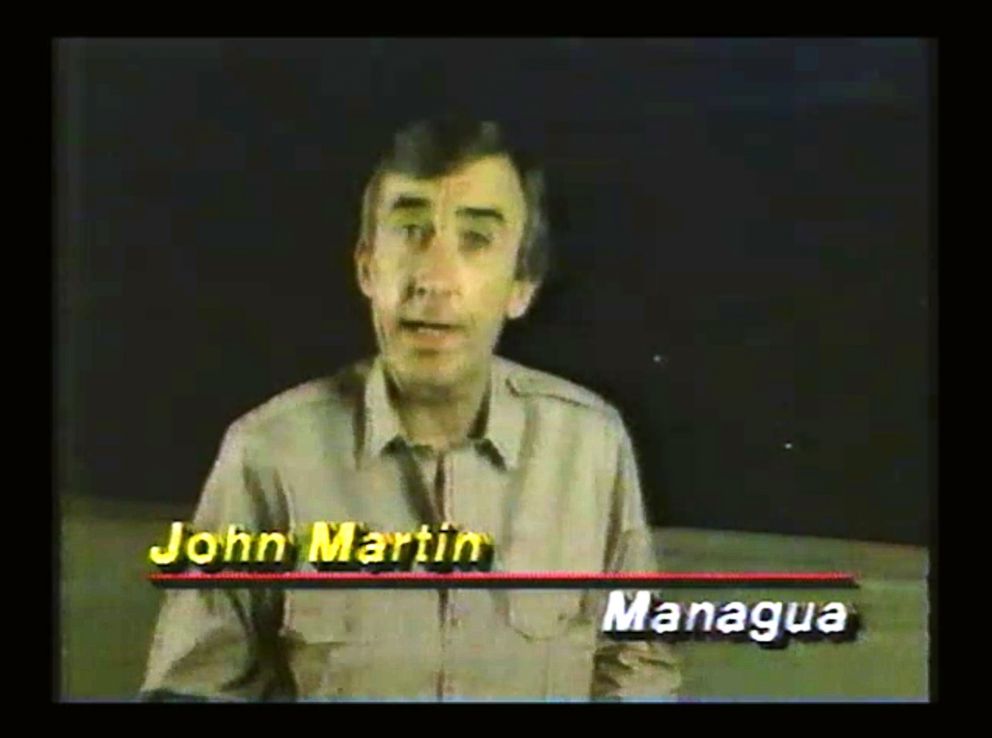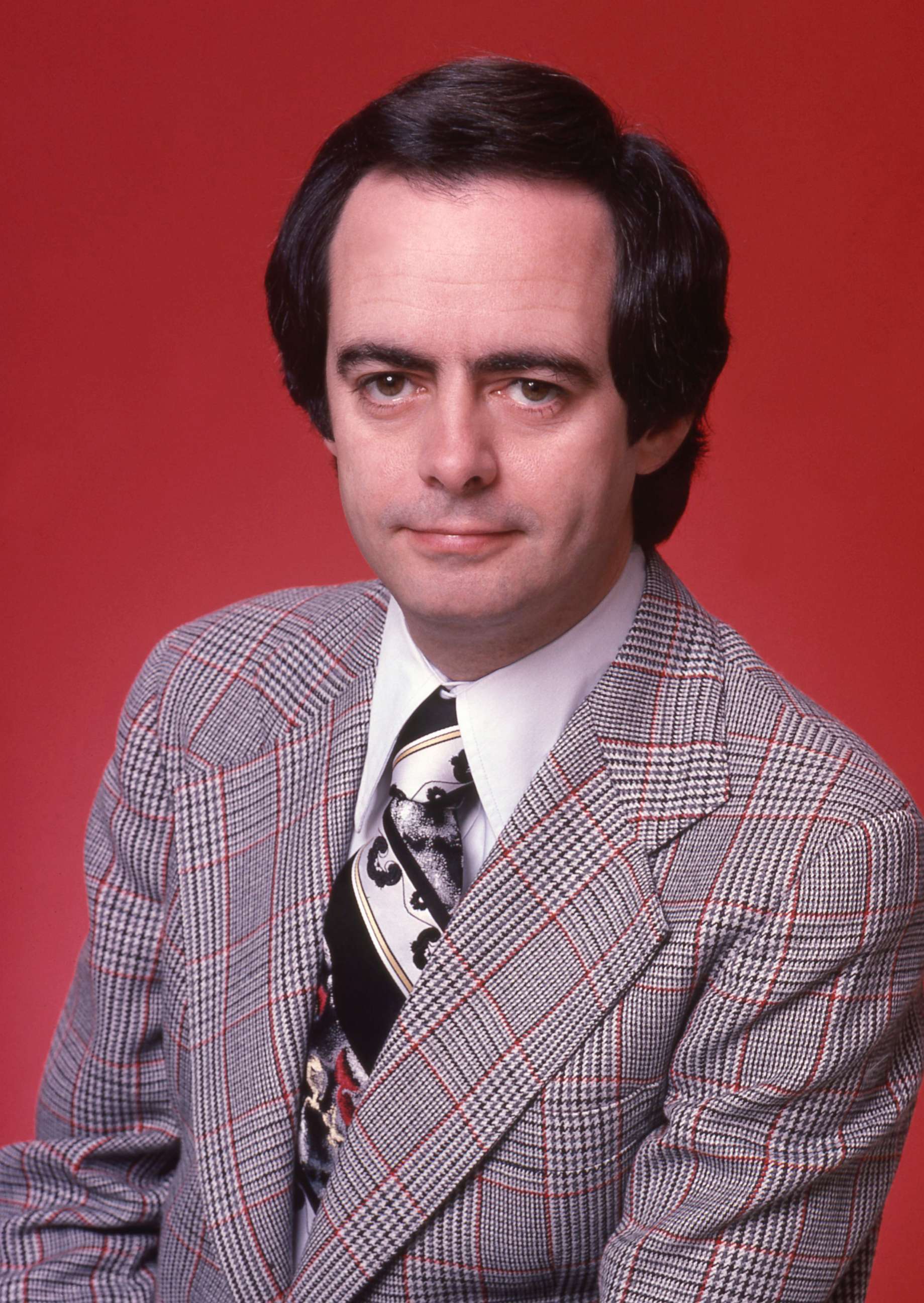Looking back: How an ABC News correspondent’s murder shaped Cold War history in Nicaragua
It all began the day a Nicaraguan soldier shot Bill Stewart to death.
Nicaragua is bracing for a general strike Friday that could lead to more violence by paramilitary groups carrying out attacks on anti-government protestors, according to observers who seek the resignation of President Daniel Ortega and international support for new elections.
Their call for peaceful change was endorsed by a senior U.S. State Department official.
The comments came in an international conference telephone call arranged by the Woodrow Wilson International Center for Scholars in Washington, D.C.
Where did all this start? For me, it began on June 20, 1979. That was the day a Nicaraguan National Guard soldier shot to death Bill Stewart, an ABC News correspondent, at a checkpoint in the capital of Managua.

Bill was on assignment from ABC News headquarters in New York. For at least a year before his death, we shared a small office cubicle there, covering stories separately all across the world.
His execution-style murder was captured by an ABC News cameraman and the video smuggled out of the country. It was broadcast in the United States and around the world.
Within weeks, disgusted by this act of gruesome brutality, President Jimmy Carter withdrew United States support for the regime of Anastasio Somoza, a rightwing dictator facing an armed rebellion by Communist-backed rebels.

Within a month, the Somoza regime collapsed and the Sandinista rebels took control of the country. Thirty-nine years later, the Sandinista leader, Daniel Ortega, is clinging to power as protest engulfs his country.
“It is time for Ortega to leave,” said Carlos Fernando Chamorro, founder and editor of Confidential, a respected Nicaraguan website.
Speaking Tuesday on the conference call for journalists, diplomats, and policy experts, Chamorro denounced the government in Managua for what he called the “massacre” of more than 300 peaceful protesters since April.
He cited an investigation by the Organization of American States that found widespread human rights violations.
Beyond the deaths and wounding of hundreds of Nicaraguans, OAS investigators discovered “illegal and arbitrary detentions; practices of torture, cruel, inhuman and degrading treatment; censorship and attacks on the press; and other forms of intimidation…all aimed at dissolving the protests and inhibiting citizen participation.
Amnesty International criticized the Nicaraguan government for adopting “a strategy of violent repression not seen in the country for years.””

Ortega lost power in the1990 elections but won it back in 2006. Chamorro called Ortega’s electoral success since then a “massive fraud,” enabled by systematic removal of opponents from campaigning. They are “one-party elections,” he said.
Another panelist, Juan Sebastian Chamorro, executive director of the Nicaraguan Foundation for Economic and Social Development, called for a moratorium on loans to Nicaragua from the Inter-American Development Bank and the World Bank.
The Ortega regime reportedly received $400 million in loans in the last 18 months. Both panelists called on the international community to pressure President Ortega to resign.
U.S. Ambassador Todd Robinson, a Senior Advisor for Central America at the State Department, cautioned against widening the conflict and said the United States would continue supporting peaceful actions on both sides. He warned, however, that Nicaraguan police and military leaders would be “called out” for human rights violations.

Bill Stewart’s 1979 murder was a shock to the world. A gentle, soft-spoken reporter who had previously covered violence in the Middle East, Bill had been sent to Nicaragua when rebels backed by the Cuban and Russian governments attacked military and civilian targets.
Attempts by the Reagan White House to fight a secret war with a new rebel force – called the Contras – ended in the Iran Contra scandal. Congress refused to fund the effort but the Central Intelligence Agency and national security officers in the White House ignored the Congressional ban and carried on the conflict.
Largely forgotten now, Bill’s murder planted seeds for a Cold War confrontation that continued for many years after his death. In some ways, those gunshots can still be heard today.
John Martin is a retired ABC News National Correspondent (1975-2002) and public policy research fellow at the Woodrow Wilson International Center for Scholars in Washington, D.C.




